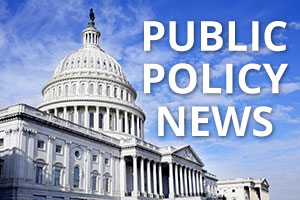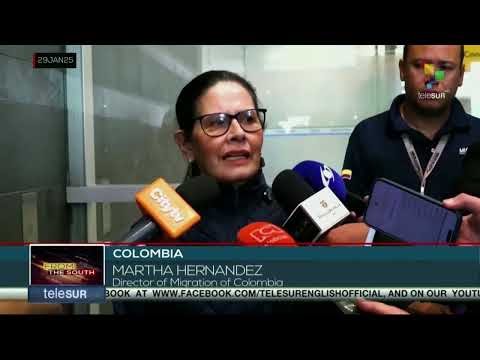by CUPA-HR | June 5, 2025
On June 4, 2025, President Trump issued a presidential proclamation suspending the entry of foreign nationals who seek to enter the United States to begin a course of study, conduct research or participate in an exchange visitor program at Harvard University. The proclamation invokes sections 212(f) and 215(a) of the Immigration and Nationality Act and is set to expire six months from the date of issuance unless extended.
This action follows the Department of Homeland Security’s May 22, 2025, announcement terminating Harvard’s Student and Exchange Visitor Program (SEVP) certification. That earlier DHS action is currently under a temporary restraining order issued by the U.S. District Court for the District of Massachusetts.
Key Provisions
- The proclamation suspends and limits entry for foreign nationals who seek to enter the United States on F, M or J visas in order to begin study or participate in a program at Harvard University.
- The suspension applies only to new entrants seeking to begin a course of study or program at Harvard on or after the date of the proclamation.
- The suspension does not apply to foreign nationals enrolled at other institutions, nor does it apply automatically to current Harvard students already in the United States.
- The secretary of state may consider whether current Harvard students in F, M or J status should have their visas revoked under the Immigration and Nationality Act §221(i).
- Exceptions may be granted if the secretary of state or secretary of homeland security determines that a particular individual’s entry would be in the national interest.
- A review is required within 90 days to assess whether the suspension should be extended or modified.
The proclamation also directs federal agencies to consider additional operational steps, including potential limitations on Harvard’s continued participation in SEVP and the Student and Exchange Visitor Program (SEVIS). It references recordkeeping and reporting obligations under existing regulations and states that these obligations are necessary to support national security and immigration enforcement.
CUPA-HR will monitor for additional updates on this and related developments.


